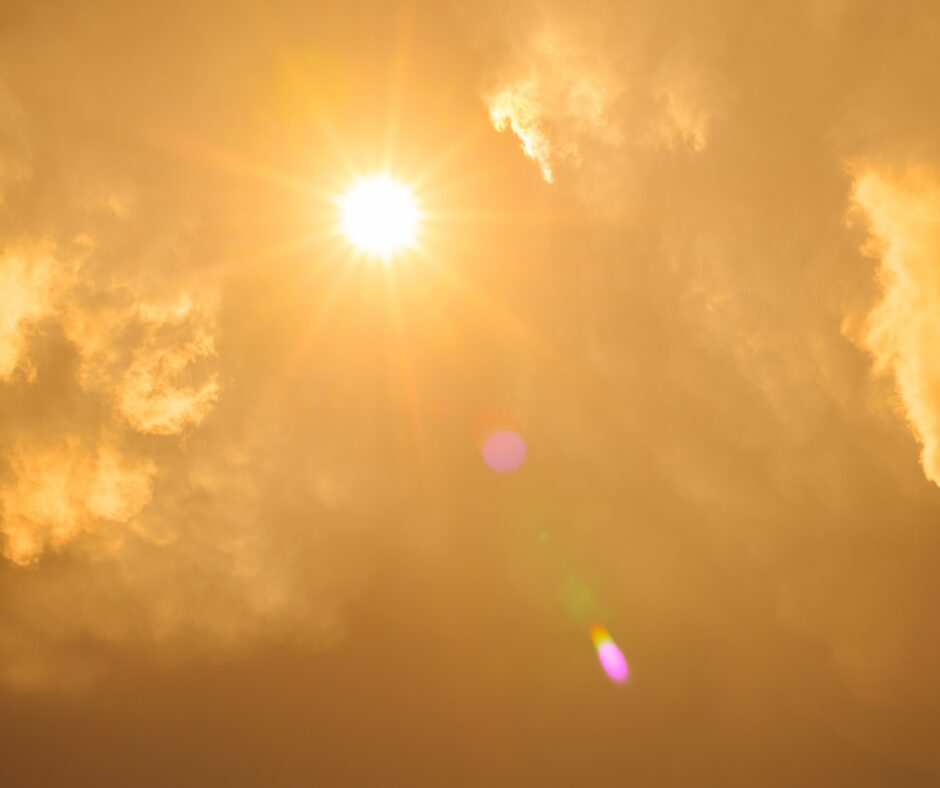Health Protection
Heat health – extreme heat and heatwaves


Heat kills more Australians than any other natural disaster. Extreme heat can affect anybody and can lead to the life-threatening condition, heatstroke.
Extreme heat, or heatwaves occur when both the high and low forecast temperatures are unusually hot over a 3-day period at a location. This is based on the average temperature in the area.

People more at-risk of heat-related health problems
Anyone can suffer from heat-related health problems, but those more at risk include:
- people over 65 years
- babies and young children
- pregnant women
- people who have existing medical conditions, such as cardiovascular disease, kidney disease, diabetes or mental illness
- people who work or exercise outdoors
- people who are socially isolated or living alone, because there may not be someone to support or check in with them during extreme heat
- people with limited ways to keep cool, such as air conditioning, including people living in buildings that heat up easily or people who are experiencing homelessness.
Know the signs of heat-related illness
Heat can cause illnesses such as heat cramps and heat exhaustion which can lead to the life-threatening condition, heatstroke. Heatstroke is fatal in up to 80% of cases. It is important to know the signs and symptoms of heat-related health problems and how to respond.
Heat cramps
Symptoms:
- muscle pains
- spasms in the abdomen, arms or legs.
What to do:
- stop activity and sit in a cool place
- drink cool water
- rest a few hours before returning to activity
- see a doctor if cramps persist.
Heat exhaustion
Symptoms:
- sweating
- pale complexion
- rapid pulse
- muscle cramps, weakness
- dizziness, headache
- nausea, vomiting
- fainting.
What to do:
- go to a cool area and lie down
- fan if possible
- drink cool water if not vomiting
- remove outer clothing
- wet skin with cool water or wet cloths
- see a doctor or call 000.
Heat stroke
Heat stroke is a life-threatening emergency – call 000
Symptoms:
- very high body temperature
- red, hot, dry skin (no sweating)
- dry swollen tongue
- rapid pulse
- dizziness
- headache
- nausea, vomiting
- collapse
- seizure
- loss of consciousness.
What to do:
- immediately call Triple Zero (000) for an ambulance
- while waiting for emergency medical help, get the person to a cool shady area and lay them down
- remove excess clothing and wet their skin with water or wrap in wet cloths, fanning continuously
- give the person cool water to drink if conscious and able to swallow. Otherwise, do not give the person fluids to drink
- position an unconscious person on their side and ensure they are breathing normally. If needed, perform CPR
- monitor their body temperature where possible and continue cooling efforts until the body temperature drops below 38°C. Recommence cooling efforts if their temperature begins to rise again
- wait for the ambulance to urgently transport the person to hospital, where more intensive cooling and support can be given
- seek further instructions from Triple Zero, ambulance or hospital emergency staff, while waiting for the ambulance.
Heat tips
There are steps you can take to protect yourself and others from extreme heat.
Keep cool
- use air conditioning or a fan or try to spend time in cool or air-conditioned buildings (shopping centres, libraries or community centres)
- stay out of the sun during the day where possible
- wear light and loose-fitting clothing
- keep yourself cool by using damp towels containing ice, putting your feet in cool water and taking cool (not cold) showers.
Drink water
- Keep a full drink bottle with you and take small sips of water often.
Plan ahead
- check the Bureau of Meteorology heat warnings regularly
- where possible, plan activities for the coolest part of the day
- stock up on food, water and medicines so you don’t have to go out in the heat.
Check in on others
- look after those most at risk in the heat – your neighbour living alone, older people, young children, people with a medical condition and pets
- call or visit family and friends who may need help on an extreme heat day
- if you observe symptoms of heat-related illness, seek medical attention immediately.
Resources
It’s important to stay aware of risks of heatwaves or days of high UV. For more information on weather conditions, see:
- Victorian seven-day forecast – Bureau of Meteorology
- Heatwave forecast – Bureau of Meteorology
- UV alert – Cancer Council.
You can also register to get Heat Health Warnings from the Department of Health.
Recognising early symptoms of heat-related health problems and taking action is crucial. In an emergency, always call 000. For non-life-threatening emergencies, see your GP or call NURSE-ON-CALL on 1300 60 60 24.
